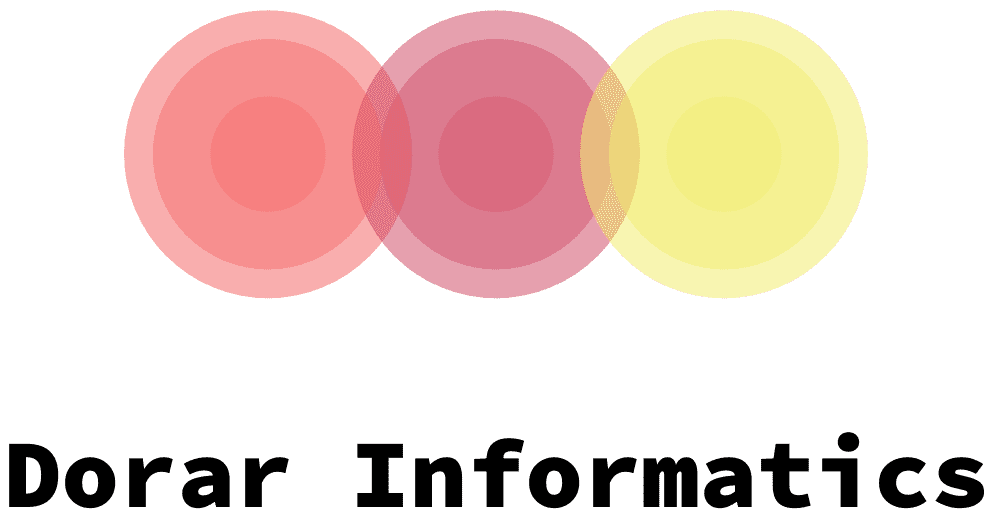Mortgage insurance allows borrowers to buy a home with less money upfront. It reduces a lender’s risk and helps them approve more loans.
This type of insurance is called Private Mortgage Insurance (PMI) and is required for conventional and FHA loans where the borrower makes a down payment of less than 20% of the purchase price.
How it works
The purchase of a new home is no small feat. From the initial planning stages through to the actual closing and beyond, a lot of thought goes into every detail. Understanding how to make the most of every home buying opportunity is key to ensuring a smooth and stress-free experience. Mortgage insurance is one of the most significant financial obligations that a homeowner will incur. The most obvious reason is that it’s required by law – the lender must insure the mortgage against loss due to default. The best way to mitigate the risk is to shop around for the best rate possible. The most challenging task is determining which insurer is the best fit for you and your family.
Getting a mortgage
Getting a mortgage is one of the most significant steps you can take in purchasing a home. It’s a large financial commitment, and it involves a lot of paperwork and detailed checks on your finances.
The first step is to understand how the mortgage process works. Lenders take your income and debts into account to make sure you can afford a house loan, including housing costs, property taxes, insurance and any recurring homeowner association (HOA) fees.
A lender will also check your credit history. This will help determine your eligibility for a mortgage and the interest rate you’ll be offered.
Your application may be approved quickly if you have good savings, a steady employment history and a solid credit score. However, if you’ve had a few credit-related issues in the past, your lender may be more cautious and raise questions about your ability to repay the loan.
Generally, you need to have a down payment of at least 20 percent of the home’s purchase price. This can be challenging for borrowers who are short on cash, but lenders usually require it to protect themselves in the event that you fall behind on your payments and lose the home to foreclosure.
Some borrowers, such as those with government-backed loans, may be required to pay private mortgage insurance (PMI). This insurance is meant to prevent lenders from losing money on mortgages where a borrower hasn’t put down at least 20% of the home’s total value.
You can lower your monthly mortgage payments or get rid of PMI entirely as you build equity in your home. Federal law requires a lender to automatically cancel PMI once you have at least 22% equity in your home.
To start the application process, gather documents that lenders will need. This includes your state-issued ID, recent pay stubs, two years of tax returns and documentation showing where your down payment is coming from.
Your lender will work out how much you can afford based on your household income and any additional sources of income, such as tips or bonuses from your job. They will also look at your debts to make sure you can meet your obligations on a monthly basis.
Choosing a lender
Choosing the right lender can make or break your home-buying experience, from the initial consultation through the closing. Your financial profile, mortgage needs, and buying habits will all play a role in your choice.
Fortunately, there are several lenders to choose from. And they all have their own strengths and weaknesses. Taking the time to weigh your options and understand what you want out of your loan will help you make informed decisions and avoid some costly blunders down the road.
The best way to learn about the options available to you is to start talking to lenders before you even start shopping for your new home. This will give you the opportunity to ask questions, get answers, and compare apples to oranges, says Glink.
When you finally settle on a lender, be sure to compare the different products and services offered by each one to find the mortgage that meets your unique needs. The most effective way to do this is by asking your lender for a mortgage pre-approval and/or a free home appraisal.
Applying for a mortgage
Buying or refinancing a home is one of the biggest financial commitments most people will ever make. That’s why it’s important to understand how mortgages work before you apply for one.
When applying for a mortgage, you’ll need to provide lenders with several pieces of information. These include your credit report, income and assets. They’ll also want to know how much you plan to put down on the property and what your debt-to-income ratio is.
If you don’t have enough money for a down payment, you’ll likely need to pay for mortgage insurance (PMI). PMI reduces the risk that lenders are taking on when they make loans to people with low down payments. However, it increases the cost of your loan.
In some cases, borrowers can cancel PMI when they build equity in their homes. This is usually based on a certain number of years of mortgage payments and a balance reduction.
The lender will require you to pay a fee, typically 0.85% of the amount you borrowed for mortgage insurance, plus interest. It’s usually paid either at closing or as part of your mortgage payments.
There are other ways to reduce your PMI costs, such as adding a co-borrower to your mortgage. This lowers your debt-to-income ratio, which can lower your premiums.
You can also ask your family for gifts or look into 401(k) loans to add to your down payment. These types of savings can help you save more for a down payment, which can reduce your monthly mortgage payment.
Another way to reduce your PMI cost is to take out a lower-interest rate mortgage loan or refinance your existing mortgage before you buy. This can save you thousands of dollars over the life of your loan, and could also allow you to qualify for a better mortgage insurance rate.
You can also get a rate lock, which commits the lender to offer you the rate they quote you at the time of your application. This can protect you from rising interest rates, but it costs more if you keep your rate lock in place longer than 60 days.

